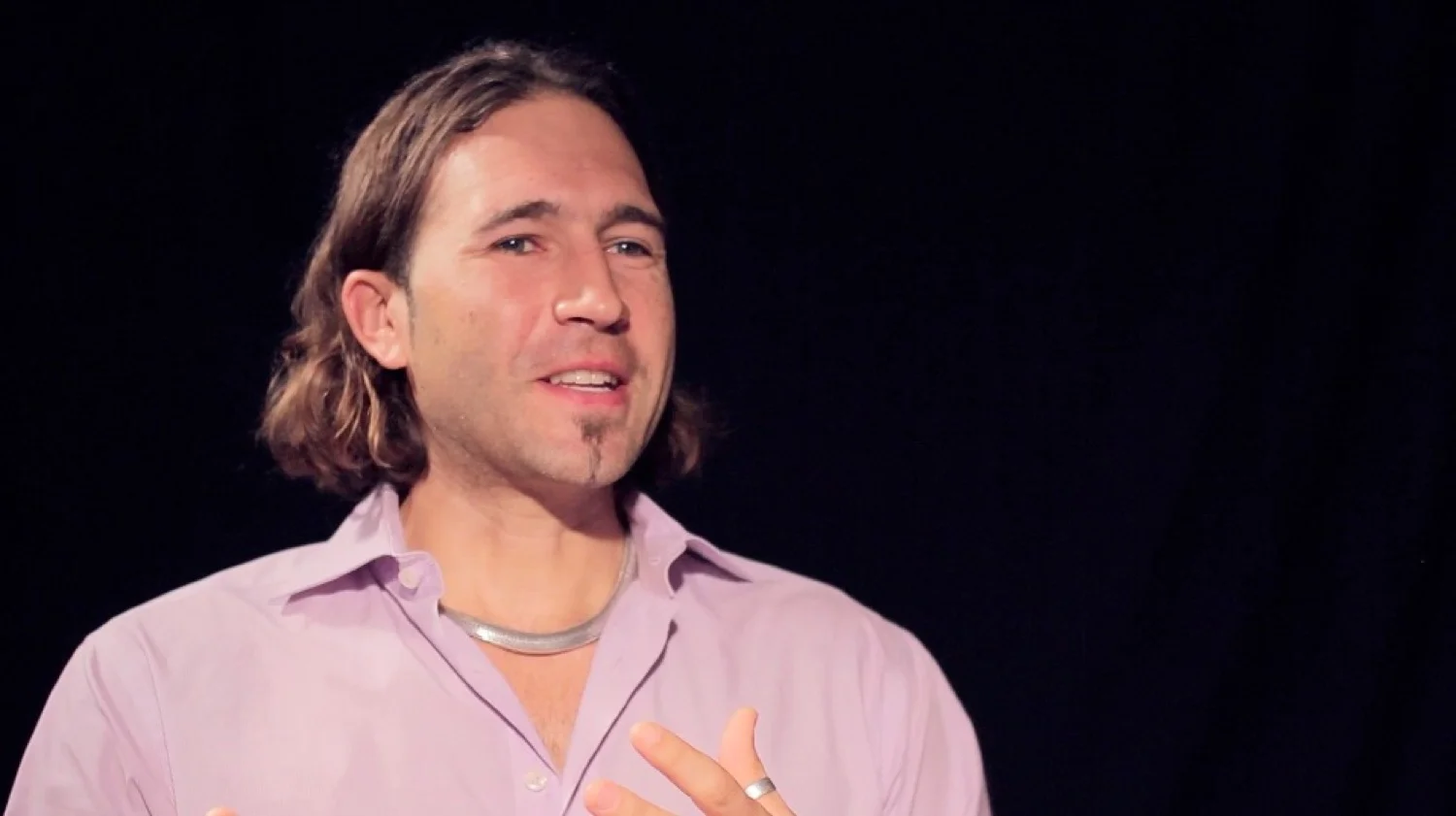In Chapter 13 of 19 in her 2012 Capture Your Flag interview, female entrepreneur Hattie Grace Elliot answers "How Has Being a Business Owner Changed Your Perspective on Managing Your Personal Finances?" Elliot notes how the unpredictability that comes with managing a small business - in her case an event planning and destination travel business - has forced her to be more frugal and creative to make ends meet as the business grows up and stabilizes.
Hattie Grace Elliot is the founder and CEO of The Grace List, a social networking company that creates destination events and experiences to forge lasting personal and professional connections across its young professional members. Elliot graduated from the University of Cape Town in South Africa, where she studied economics, philosophy, and politics.
Transcript:
Erik Michielsen: How has being a business owner changed your perspective on managing your personal finances?
Hattie Elliot: Well, I think when you work for a company, and you get, you know, a paycheck every month and you have certain things covered, your health insurance, and there’s just kind of a level of to a certain extent, you know, transparency and predictability, monotony. Which I would say is not bad, I quite miss that sometimes. You know, you have a very strong sense of, you know, how much if you’re realistic about it, you know, what you can afford, what’s within your means. You know, the size of the apartment that you want, the amount of vacations you take a year, how much you spend going out to restaurants, all that stuff, you know. You just—you have a sense of that.
When you have your own business—and this really does vary from business to business, especially for the first few years, really there’s like, you know, great discrepancies, there’s, you know, my business is very seasonal for instance. So there are certain times—because it’s event and destination based, that people tend to, like around the holidays, right before the holidays, really wanna meet someone, and want that connection, so, you know, that’s a time that we’re really busy and that people are—we’ve got new members joining, we’re doing more things, so with not only is the business seasonal, so the amount of the cash that we bring in just kind of changes, but, you know, based on what happens with the company, with mine, you know, we have a great piece of press and all of a sudden there’s so much interest and we’ve got all these new members joining.
So it’s a little bit less predictable but as the business grows, you know, you get—gain more experience, I now know there’s gonna be certain months of the year that I’m not gonna make as much money, and it’s never perfect but you do have the more of a sense of, you know, cash flow. But because there isn’t a predictability, I think you have to be much more careful to pick and choose what you prioritize and like what you spend your money on.
And there has definitely been times I have been terrified because I’ve got, you know, my rent is due in 2 days, and I’m like, “uh, am I gonna pull this out of like a magic hat?” Like, what is gonna happen? As terrible as that situation is, and stressful, I’m just like, “oh,” you know, it gives me heart palpitations to think of that, it just forces you, you’ve got no choice, like, I’m not gonna live in a cardboard box. I’m an adult. I’ve worked really hard. I’m not gonna move back with my parents, so it forces you—it’s forced me to find ways to succeed, to make my business succeed.
And in an ideal world, as the years go on, and the, you know, the more experience you gain and the more your company is established, you figure out ways that you have to—less and less you have to deal with that kind of situation, you know what I mean? Because not only do you kind of know the cash flow, but you just—you strive to have that sustainability, you set to strive to be your own corporation, you know what I mean? You’re cutting the checks.
So, it’s made me very frugal in many ways. But I’m a girl with expensive taste, you know? I like my champagne. So I’ve had to figure ways and make compromises that you can’t—I have not been able to have everything, but I’m working towards, hopefully, you know, to be able to have that, but in the meantime, like, you know, you just have to prioritize what’s important. You know, what you’re gonna spend your money on.
And just come to terms with the fact that it’s a very—it’s—having your own business, especially in the early days, you know, most people take this risk ultimately, you know, big risk, big reward, because the ultimate payout and the benefits and pleasure you’ll get out of your business are so much more than, you know, that’s what we all of us entrepreneurs hope than when you’re working in the corporate world, but it is a big risk. And it might not be that way, so I just kind of try to own the fact that this is the life I chose. And not get too stressed out but—and not have a pity party for myself when I’m not making as much money as I have, but it’s the life I chose, and it’s been really extraordinary.























